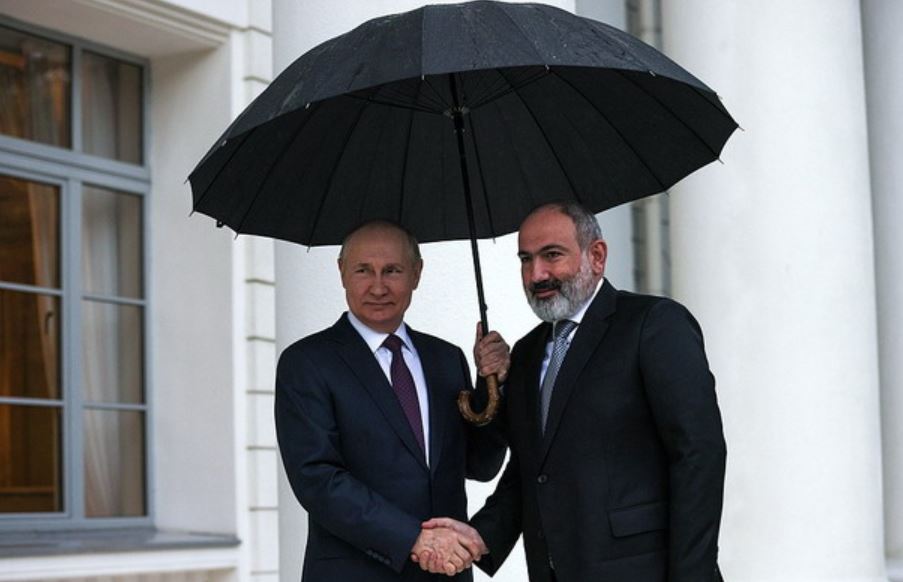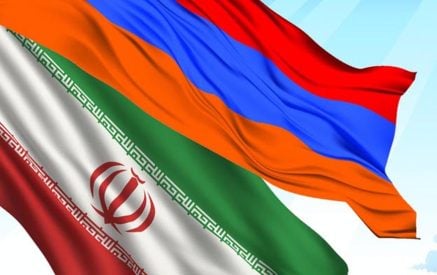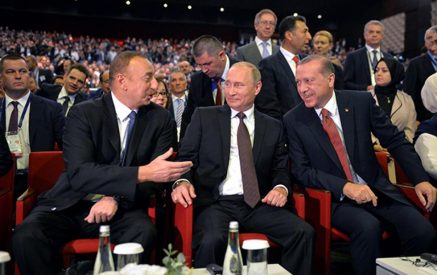Both individuals and states can be objects and subjects. In both cases, the subject is the one who is able and has the right and opportunity to say “no”. Moreover, that “no” can be addressed not only to your competitor, enemy, or opponent but also to your friend, ally, and friend.
When you say “yes” in Prague, Brussels, and Washington, then you also say “yes” in Moscow and Sochi; knowing that those two centers are hostile towards each other means that you have not earned the right to say “no.” But if everyone receives a positive answer, the question enters a dead end and causes dissatisfaction on both sides. The Russians’ attitude is expressed openly (witness the statements of Lavrov from the beginning and, more recently, Volodin), and the West spoke much more discreetly.
The subject-making second circumstance is a strategy. By and large, strategy in world politics is developed and implemented by supranational structures. The only form formally called a “state” is the Vatican, whose territory is tiny, and the influence of ideas is enormous. In other cases, the strategic plans: pan-Turkism, Islamism, Zionism, the Anglo-American liberal project, “Third Rome,” and so on, are implemented mainly by forces outside the states. I do not see us Armenians in any of the listed (and possibly other) projects.
Do we (I mean, of course, not the Republic of Armenia, but the Armenians all over the world) have enough potential and ambitions to present our particular project to the world? It is not the leaders of the state or those who pretend to lead but the intellectual circles that should think about it.
Read also
But we have the right to demand from the state’s elite that they do not change their position every minute. The same is the case of Artsakh. Before the war, an uncompromising position; “Artsakh is Armenia, and that’s it,” “new war, new territories”; immediately after the war: “sovereignty of Artsakh,” “disengagement for the sake of salvation,” and now “rights and security of Armenians living in the territory.” That “evolution” at least leaves a not “solid” impression.
ARAM ABRAHAMYAN






















































